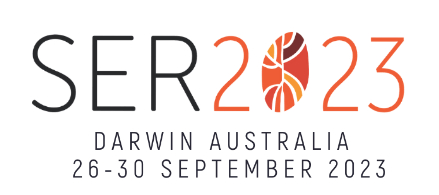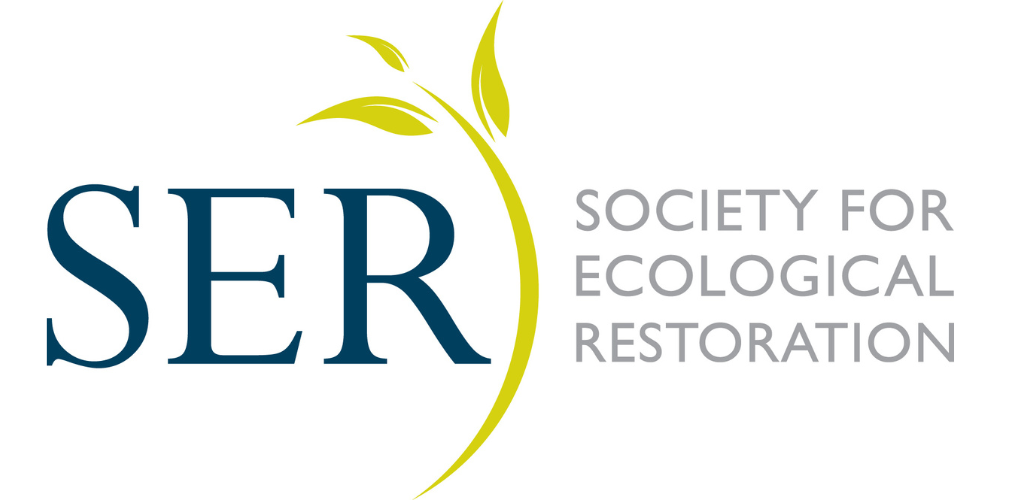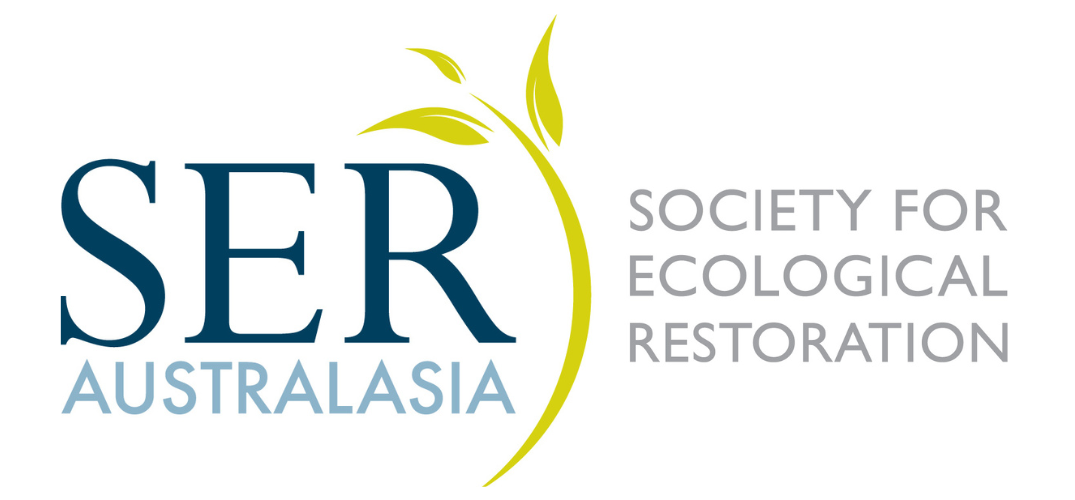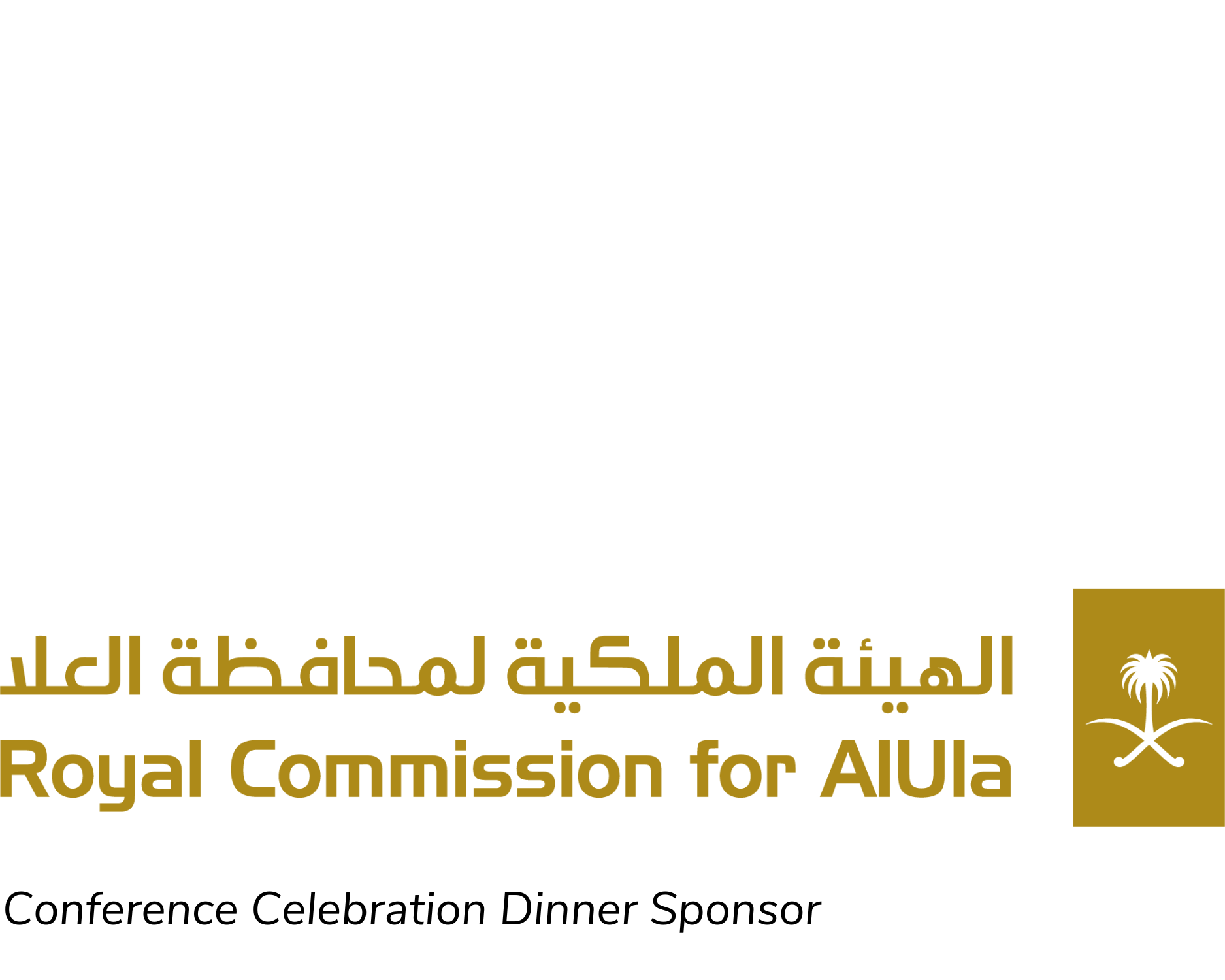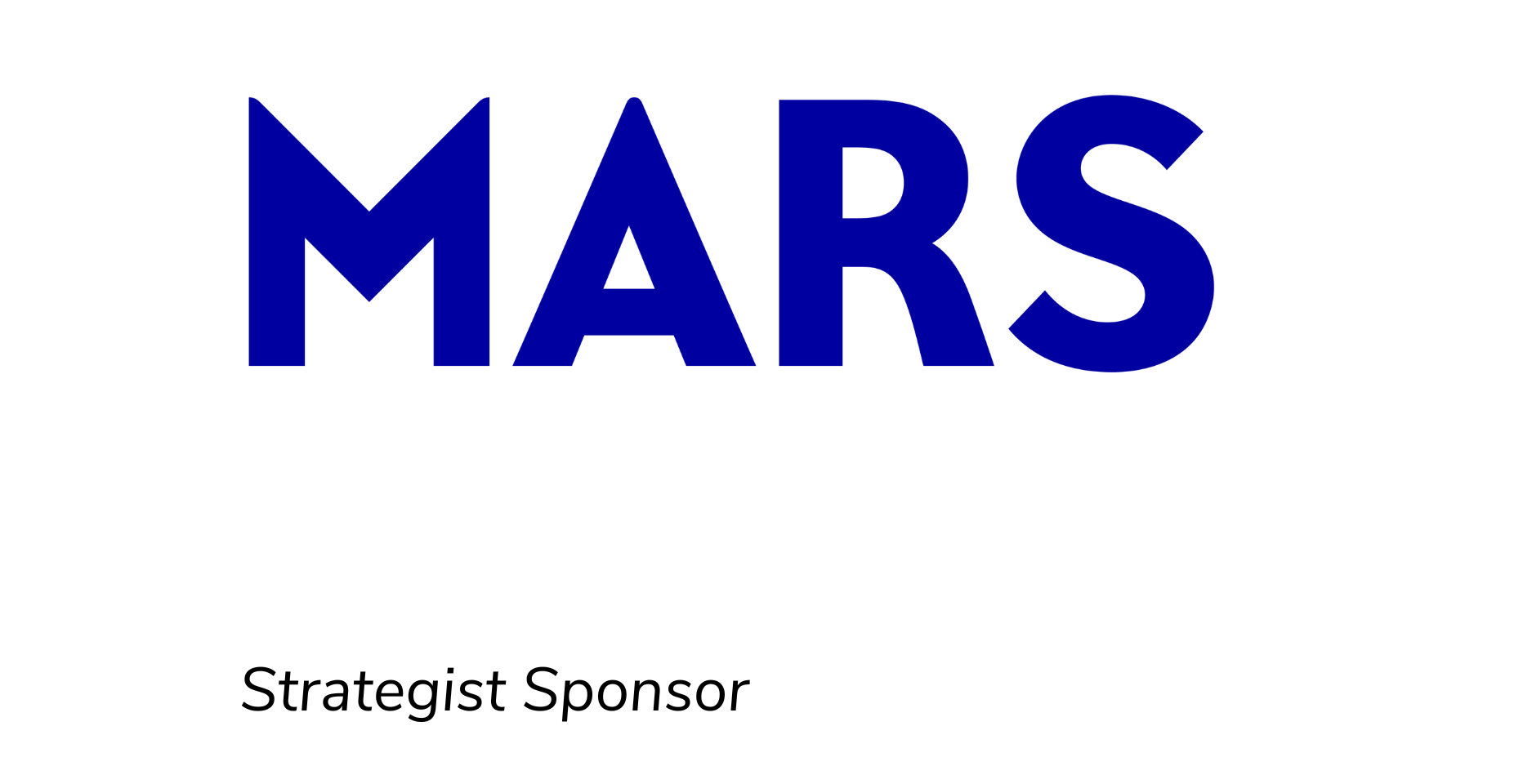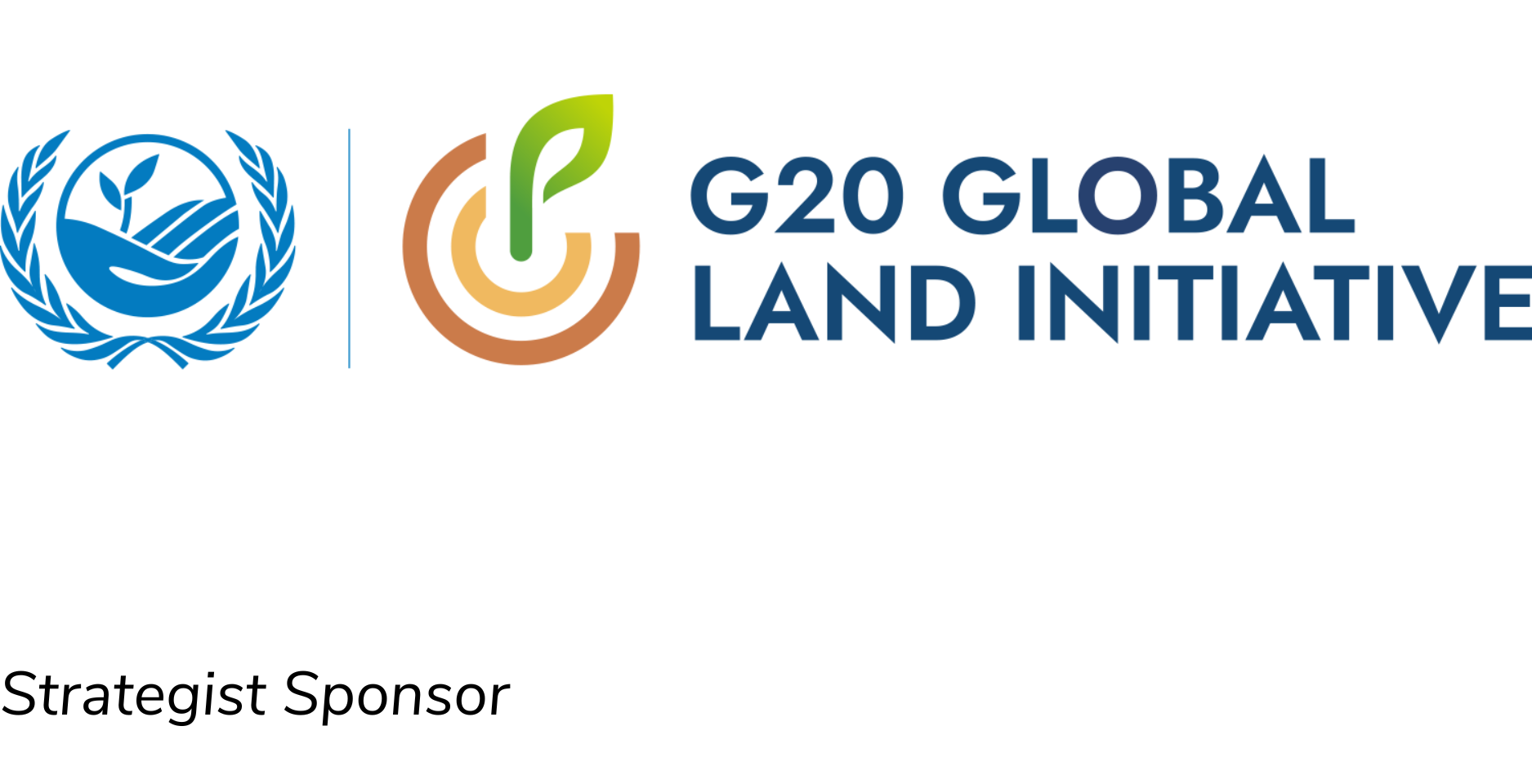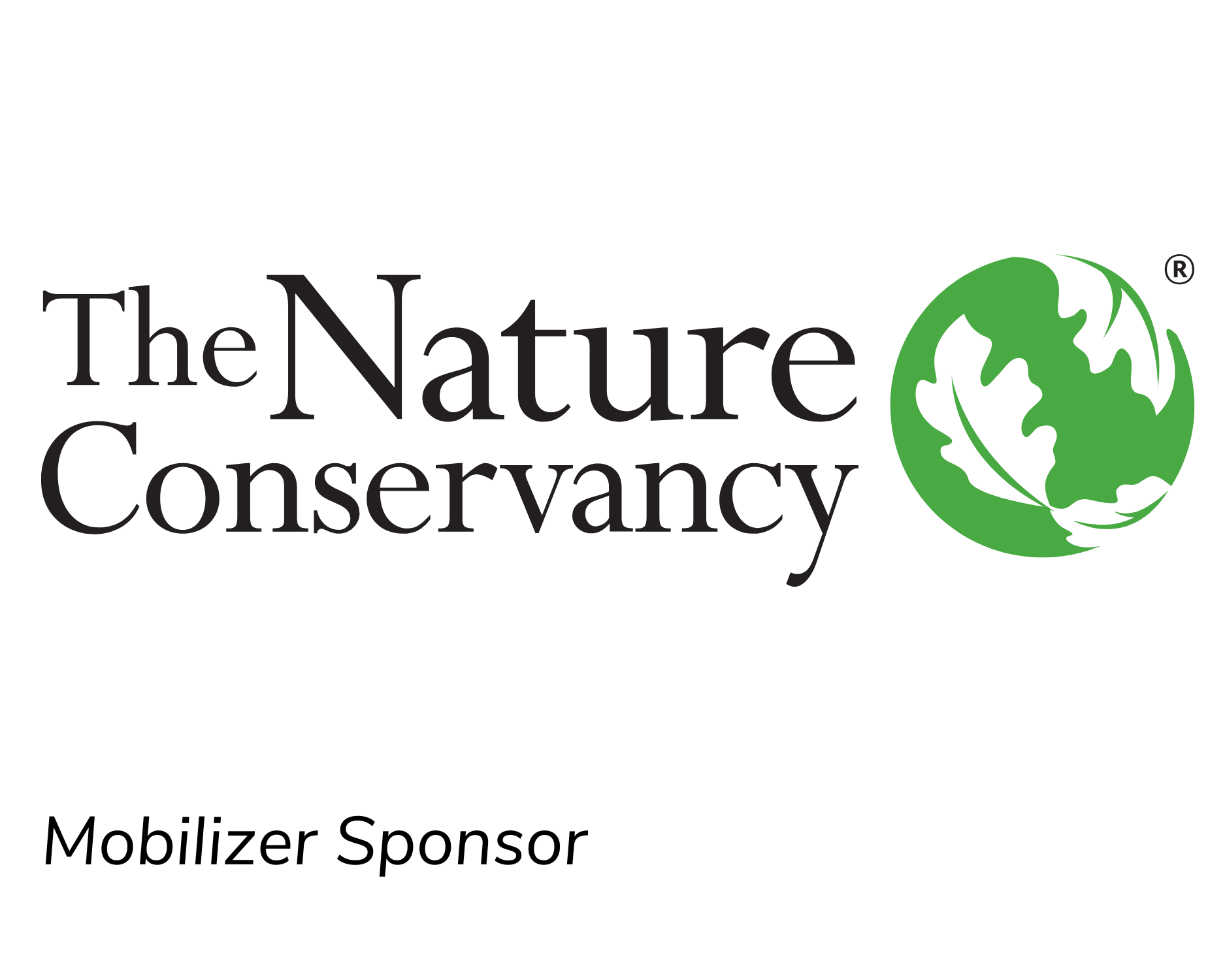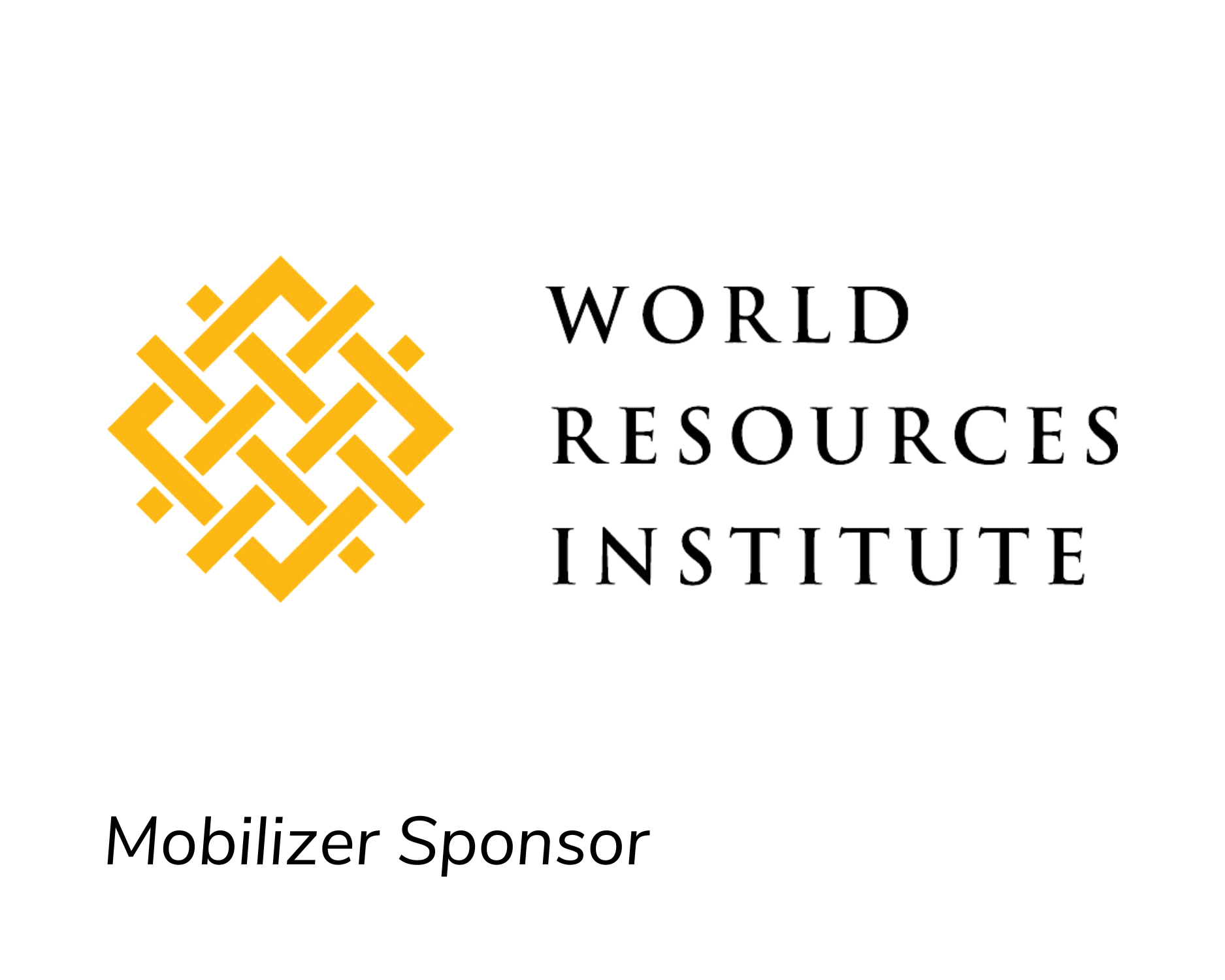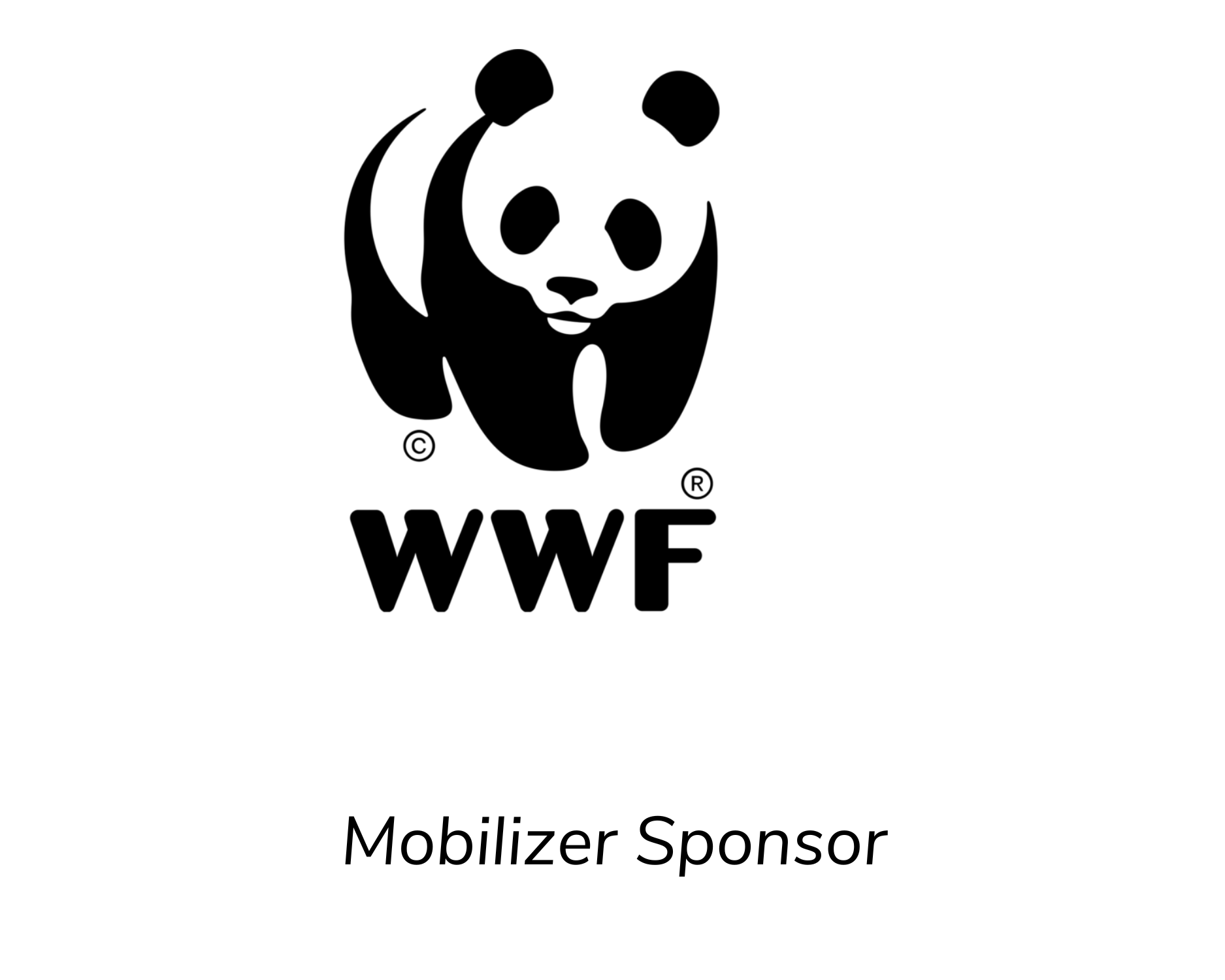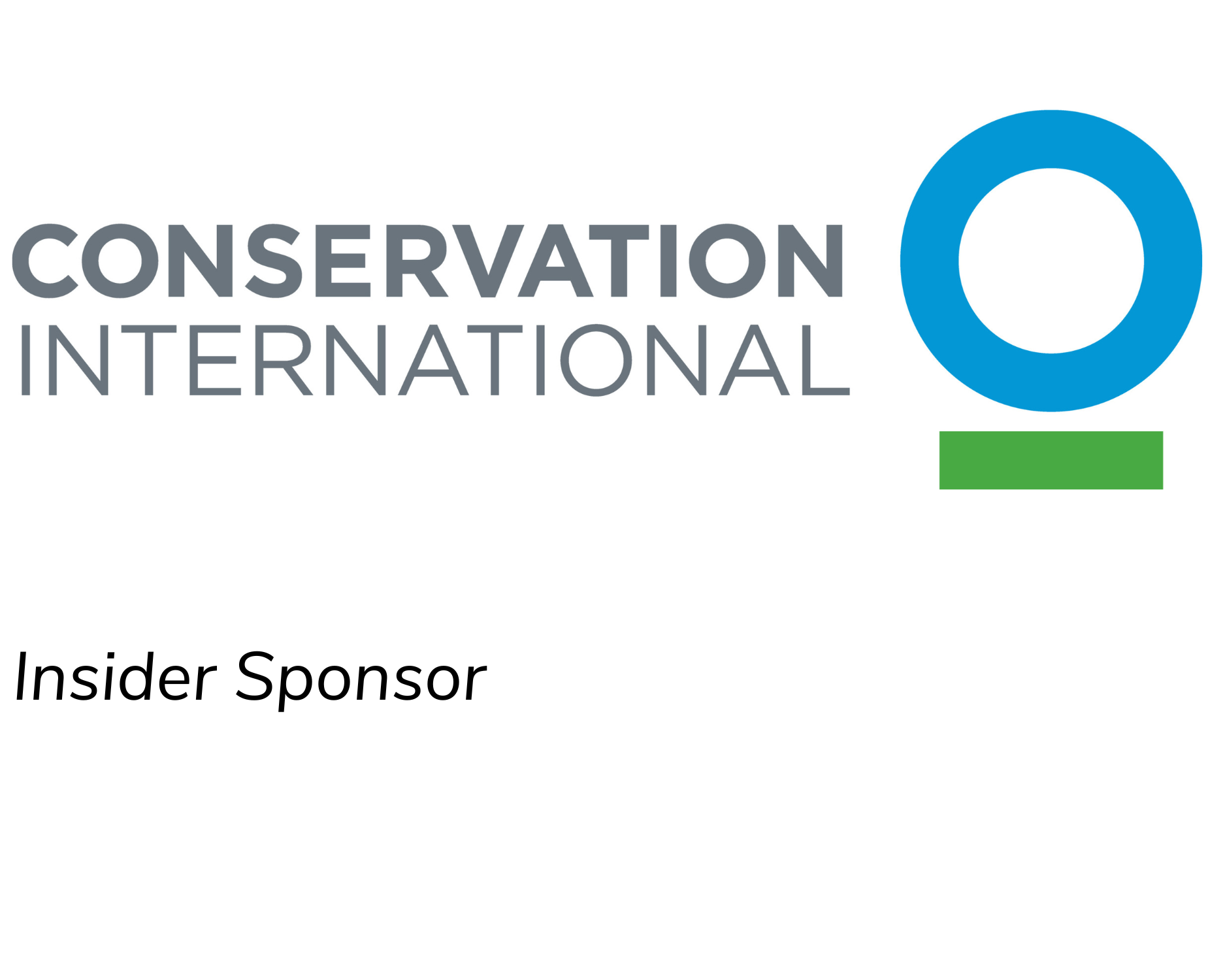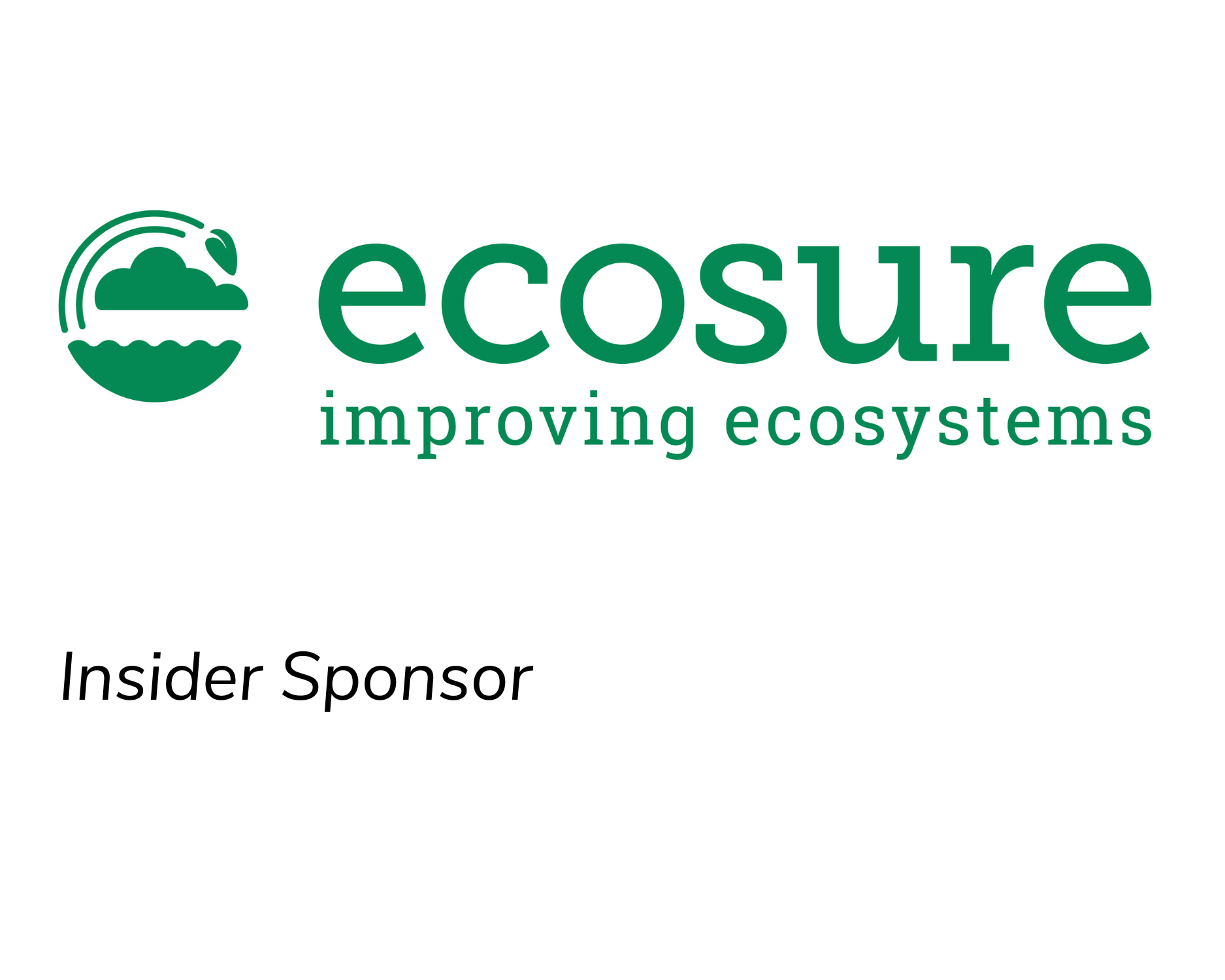Each day of the conference will feature a plenary session to start the day. Speakers during those sessions will address the theme of the day.
Day 1 theme – Indigenous Led Restoration
Day 2 theme – High Level Plenary Panel: Making the Business Case for Ecological Restoration
Day 3 theme – Community Led Restoration
Day 4 theme – Moving from Targets to Implementation and Macro Scales (Scaling Up Restoration)
Day 1 Theme: Indigenous led restoration
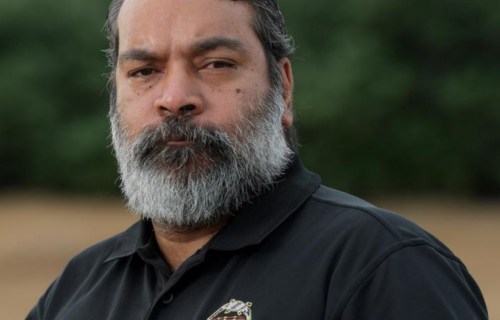
Dr. Richard Fejo
Richard “Richie” Fejo is a Larrakia man from Darwin. His kinship follows from his father, grandfather and great-grandfather in what culture calls “Grandfather” lore. Richard is also Warumungu from Tennant Creek from his mother’s side, and holds a vast amount of cultural knowledge and experience from both the Top End and central regions of the Northern Territory.
Learn MoreIn 1994 Richard worked as a Criminal Field Officer with the North Australian Aboriginal Legal Aid Service (NAALAS). He remained in the position for four years before moving to Perth where he was recruited as a paralegal for the Legal Aid Commission of Western Australia working in family and civil law.
When Richard returned to Darwin in 2003 he worked in family violence and drug and alcohol programs across several remote communities in the Territory before becoming a Cultural Educator with the Northern Territory General Practice Education (NTGPE), a position he held for 11 years.
Over the years he trained doctors and health professionals arriving in the Territory into the complexities and challenges faced in Indigenous health, and in 2017 he presented to an audience of doctors from all around the world at a seminar in Oxford, England. During his time with NTGPE, Richard also became the Senior Cultural Education and co-chair of the Australian National Cultural Educator/Cultural Mentor Network, stepping down to take up his current role as Chairman of the Larrakia Nation Aboriginal Corporation (LNAC) in 2017.
Richard resigned from NTGPE in 2020 to become the Elder on the Flinders University campus in Darwin. That same year he became a director of the City of Darwin’s 2020-2022 International Relations Advisory Committee. He was appointed the new Darwin Waterfront Corporation chairman on 13 November 2020, and during NAIDOC Week celebrations in July 2021 was awarded the Darwin NAIDOC Ball Person of the Year.
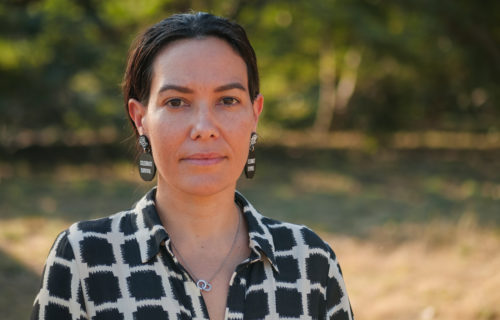
Kia Dowell
A proud Gija woman from Warmun Community in the East Kimberley region of Western Australia, Kia Dowell works from a space which incorporates her Gija (Aboriginal) ancestry and migrant heritage to form a singular focus on outcomes which reflect the aspirations and hard work being collectively undertaken by First Nations peoples.
Learn More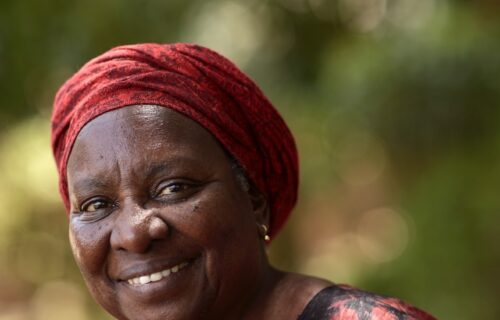
Lucy Mulenkei
Lucy Mulenkei is a Masaai from Kenya. Ms. Mulenkei has many years of experience in gender and community development work, focusing on issues related to the environment, which includes work in the different Rio Conventions with a focus on Biological diversity, Climate Change, and Desertification.
Learn MoreShe is also active in human rights, women, and girls rights that include reproductive health rights, education, and development that impacts on Indigenous Peoples and their local communities. She has experience in local, national, regional and international advocacy where she brings the international discussions to the local level and local discussions to the international audience.
As the Executive Director of the Indigenous Information Network, she has advocated for the recognition and for the voice and rights of remote Indigenous Peoples, women and girls, to be heard. Apart from being a graduate of Gender and Development Studies from the University of Nairobi, she has studies in Journalist, project management, human rights based approach, Leadership and Environment just to name a few. Ms. Mulenkei carries many roles. She is a Member of a number of Boards both at the National, Regional and international level. She is co-founder of a number of Indigenous Peoples Networks, among them the African Indigenous Women’s Organization, the International Indigenous Women’s forum, Indigenous Women Biodiversity Network, the International Indigenous Forum on Biodiversity, IIFB where she is one of the Co-chairs, and has been working with other Indigenous Peoples with the Global Environment Facility as a Member of the Advisory group. Furthermore, she held the Chair of the Advisory group until August 2023. She has been one of the Members of the High-Level Commission (“HLC”) on the Nairobi Summit on ICPD25 Follow-up, for an initial period of three years. To add to the list, she was appointed as a Member and a Co-Chair of UNEP/ FAO first UN Advisory group for Ecosystem Restoration. She is doing her second term as a Member.
Day 2 Theme: Making the Business Case for Ecological Restoration
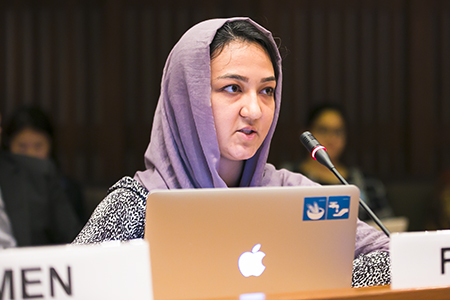
Hanie Moghani
Hanieh Moghani is the Expert member and Vice-chair of the United Nations Permanent Forum on Indigenous Issues (UNPFII) and a member of the advisory board to the UN Decade on Ecosystem Restoration. She holds a Doctorate in International Law, specializing in the effect of new technologies on farmers’ rights to seed production and trade. She also holds a master’s degree in Middle Eastern and North African Studies, focusing on food security.
Learn MoreWith over a decade of experience, she participated in more than 20 national and international projects with Indigenous nomadic pastoralists and local communities. She is an advocate, legal counsel, community facilitator, educator, and activist, working at the interface of science, policy, and society, with expertise in developing political, economic, and ecosystem analysis models for complex problems involving water, energy, food, climate, and environment to derive policy, law and governance insights.
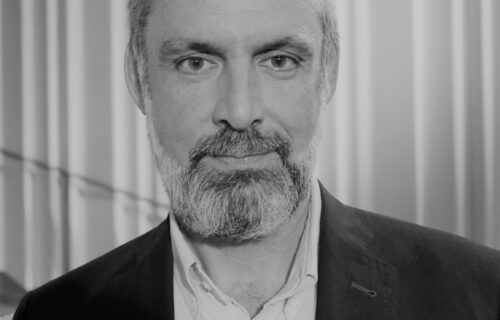
Henri Douche
With a master’s degree in agriculture, Henri has worked in the agricultural arena for 20 years. He is currently Head of Product & Innovation, leading an international team working on new products and services for SCOR P&C clients.
Learn MoreAfter 10 years spent in the food industry as an agronomist and project manager, Henri joined Astrium Spot Image (now called Airbus Group) in 2011 as Global Market Manager for agriculture. Here he developed products and services using satellite imagery for crop management, yield forecast and crop insurance. Building on his strong experience of developing innovative agriculture services for different parts of the world, Henri joined SCOR in 2014 and spent 8 years as a Senior Agriculture Underwriter in charge of South American markets and agriculture innovation projects. He is currently Head of Product & Innovation, leading an international team working on new products and services for SCOR P&C clients. Having been involved with Environmental Sustainable and Governance (ESG) related agriculture projects and businesses for several years, Henri is now working on the potential development of new ESG-focused insurance products and services.
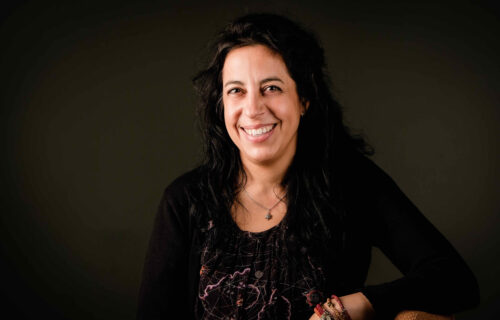
Julia Oliva
Julia is the Director of Policy and Sector Transformation at UEBT, a non-profit association promoting the sourcing with respect of ingredients from biodiversity.
Learn MoreUEBT works to regenerate nature and secure a better future for people through ethical sourcing practices in the beauty, food, and natural pharmaceutical sectors. Julia focuses on technical support on biodiversity and human rights policy issues, as well as coordination of sectoral initiatives for positive impact on people and biodiversity. Previously, she was Head of Policy at UN Environment Programme World Conservation Monitoring Centre (UNEP-WCMC) and worked with other international and non-profit organisations. Julia grew up in Mendoza, Argentina and has a law degree and LLM degree from Lewis & Clark Law School in the US.

Frank Mars
Frank E. Mars is a fourth-generation member of the Mars Family. Since 1990, Frank has held a variety of positions across its diverse business categories and global operations, including Electronics, Snack Food, Pet Care and Food segments across the United States, Europe, and Asia. From 2005 to 2017, he served as Global President of Mars Symbioscience, a technology-based health and life sciences venture within Mars.
Learn MoreFrank has served on the Board of Directors of Mars since 2010 and was Board Chair from March 2020 until March 2023. Currently, Frank is acting as an Advisor of Strategic Programs within Mars, including those developing scalable regenerative based ecosystem solutions which increase the resilience and sustainability of key tropical marine and terrestrial raw material supply ecosystems important to Mars.
Frank is also Co-founder and a Director of Heliae®, a leading global algal technology company focused on developing innovative microalgal solutions to regenerate soil health by improving soil quality and structure, water productivity, and nutrient use efficiency. Frank earned his undergraduate degree in Economics from Yale University in 1985 and his MBA in 1990 from Duke University (Fuqua School of Business). He is also a member of the Advisory Board to the UN Decade of Restoration.
Day 3 Theme: Community led restoration

Sera Gibson
Born in Taranaki on west coast of Te Ika-a-Māui (North Island of New Zealand) and of Māori descent, Sera has a wealth of experience in environmental management and legislation, policy, and resource management in New Zealand.
Learn MoreSera’s relationships and ability to understand and relate context across a range of iwi and hapū (Māori tribes and subtribes), communities, businesses, local and central government and philanthropic partners has resulted in collective impact in a number of environmental projects across Taranaki.
Through her work with the indigenous Māori led projects Taranaki Mounga and Ka whakaaraara te tāngata, ka whakaora te wai, ka whakahoki te taonga (bringing our people together, improving the health of our water and restoring traditional food), Sera and her teams are working towards large landscape scale restoration to secure the ecological vitality and resilience of wai (water), whenua (land), taonga species (native biodiversity) and all that these resources provide for.
Sera has a Master of Science in Marine Science, a Post-Graduate Diploma in Biological Science and a Bachelor of Science in Zoology.
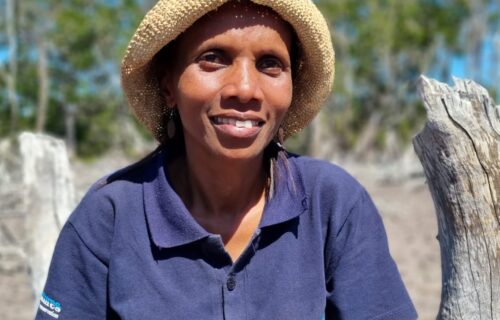
Lalao Aigrette
Born and raised in Madagascar, Lalao works at Blue Ventures, a marine conservation NGO, as the National Technical Advisor for Mangroves and Blue Carbon in Madagascar.
Learn MoreLalao has been working with the local coastal communities for 16 years and promoting nature and human rights-based solutions to preserve and restore mangrove ecosystems, a most productive but threatened ecosystem. She is the Madagascar country representative for the Western Indian Ocean Mangrove Network (WIOMN), whose vision is to secure the mangrove ecosystems of the Western Indian Ocean region through creation and application of best practices for sustainable conservation and management.
Day 4 Theme: Moving from targets to implementation and macro scales (scaling up restoration)
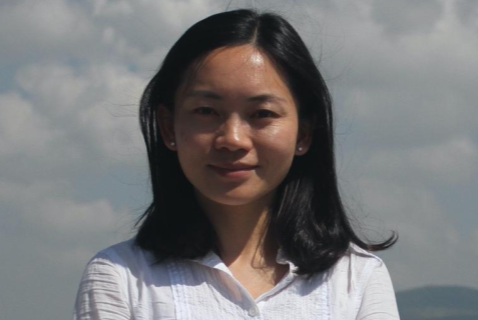
Fangyuan Hua
Fangyuan is a conservation ecologist at Peking University in China. Prior to joining Peking University as an assistant professor in 2019, Fangyuan got her Ph.D. from the University of Florida, and conducted postdoctoral research at Princeton University and the University of Cambridge.
Learn MoreFangyuan’s research aims to aid the conservation and restoration of forest biodiversity, particularly under the land-use demands of agricultural and forestry production. Research in her lab focuses on two broad themes: (1) understanding how the ecology of wild species and their assemblages responds to human alterations of forest ecosystems; (2) identifying practical conservation interventions by assessing the synergies and trade-offs of biodiversity with other important demands on land resources – including agricultural/timber production and ecosystem services. Examples of current research questions asked include: impacts of forest loss and degradation on avian assemblages (including elevationally and latitudinally migratory species) and predictors of such impacts; optimal land allocation among different forest management and restoration regimes to minimize the biodiversity cost of timber production; conservation and restoration potential of agricultural and forestry land abandonment. To address these questions, Fangyuan’s lab uses a combination of fieldwork, large-scale data synthesis, and remote sensing. For more information on Fangyuan and her lab, please visit www.conservationee.org.
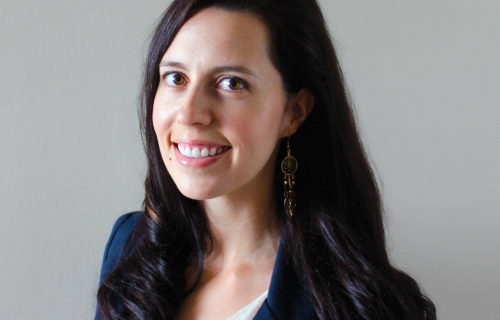
Marina Best
Marina Best is Michif (Métis) from the Red River Settlement in what is now known as Canada. She is dedicated to the resurgence of Indigenous knowledge systems and their inclusion in conservation planning and environmental policy processes and her career is focused on advancing and supporting Indigenous-led conservation and Indigenous environmental priorities.
Learn MoreShe supports her nation on topics related to the environment, climate change, and food sovereignty and is currently the Indigenous Relations Manager for the National Urban Parks and Ecological Corridors programs at Parks Canada. Through her life and work, she aims to enhance respect for nature through fostering connections with Indigenous and local communities and through experiences on the land, waters, and ice.
